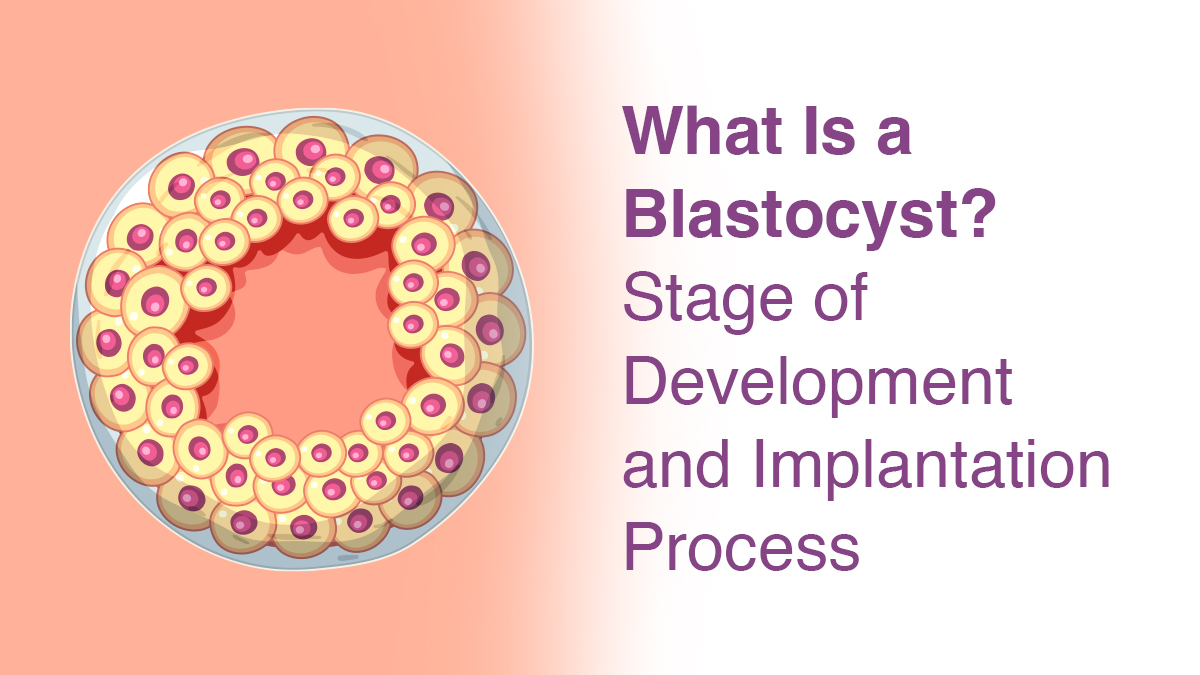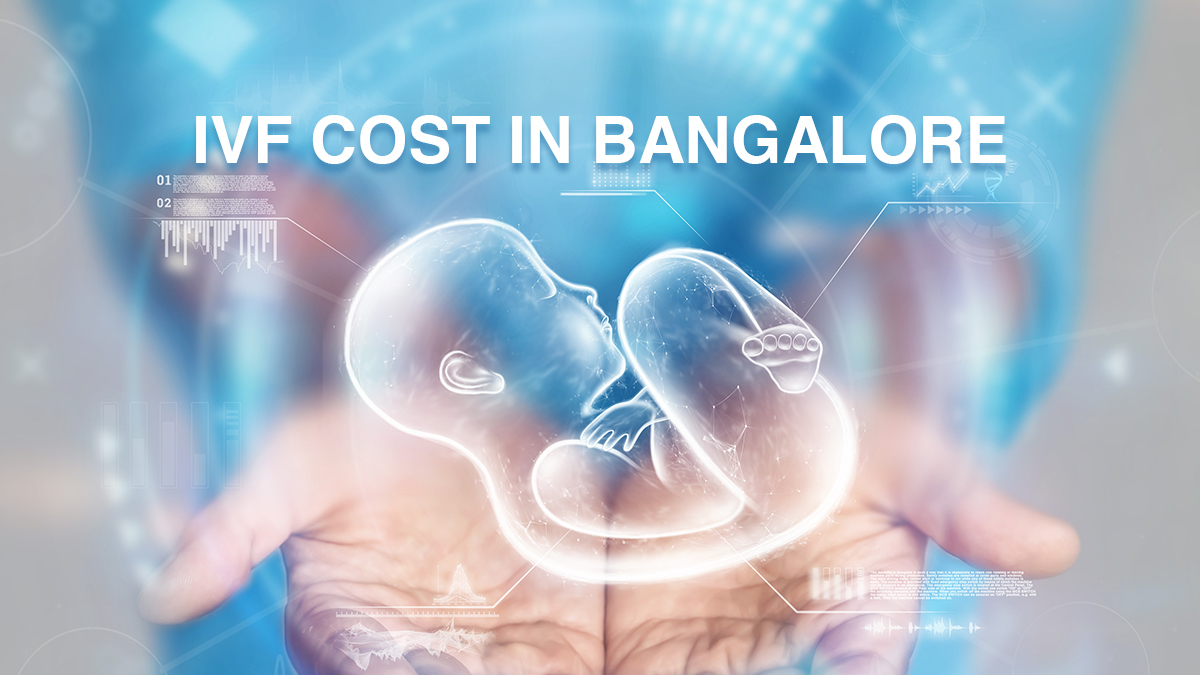
Difference between IUI and IVF

In Vitro Fertilization (IVF) and Intrauterine insemination (IUI) are the two most commonly used methods infertility treatment, that increase a couple’s chance of conceiving. Both IUI and IVF are effective treatments for infertile couples. The principal difference between the IUI and IVF treatment is that IVF involves ovarian stimulation, egg retrieval, fertilization, and transfer; and on the other hand, in IUI sperms are injected into a uterus to decrease the sperm’s travel time to the egg.
Let us learn both the processes in detail to gain more insights.
IUI – Intrauterine Insemination
IUI is a procedure through which concentrated and processed motile sperm are injected directly into a woman’s uterus. This procedure is clocked according to the woman’s ovulation and may be conducted one or two times on the days immediately after the ovulation. After the ovulation, the woman’s egg is picked up at the fallopian tube and waits there for the sperm. Since the IUI procedure delivers higher concentrations of good quality sperm near the egg, the chance of fertilization is increased.
Some studies suggested that only 10% success can be achieved while using fertility drugs with IUI, whereas some other studies reported the success rate closer to 20%. The age of both the man and the woman plays a significant role in IUI success. A study conducted in women over age 40 showed a meager pregnancy rate with IUI. Generally, three cycles of IUI are recommended for women under age 40 before moving onto IVF treatment. One other study found out that the IUI success rates were 16.4% per cycle for the first three attempts. After three unsuccessful cycles of IUI, doctors recommend undergoing IVF treatment.
IVF – In vitro Fertilization
IVF is considered the most successful method of fertility treatment employed currently to help the couples to conceive. The fundamental components of the IVF procedure include stimulation of the ovaries to generate multiple eggs at a time, removal of the eggs from the ovary (egg retrieval), fertilization of eggs in the laboratory, and the subsequent placement of resulting embryos into the uterus (embryo transfer). The chance of conceiving from IVF primarily depends on the age of the woman, cause of infertility, and other factors related to the quality of the IVF laboratory.
Younger women have higher chances of IVF success. At an older age, the chances of IVF success in a woman decreases due to fewer eggs in the ovary and a lower quality of an older woman’s eggs. The live birth rate for women under 35 who start an IVF cycle is 40 percent.
At Oasis, we provide the best IUI and IVF treatments to couples wishing to fulfill their dream of becoming parents. At Oasis, we maintain impeccable standards in our IVF lab. The lab is crucial for the treatments offered at our center and we ensure that the highest level of quality is maintained here. We gave great attention while designing the lab in order to ensure the perfect environment for the embryo growth and the overall success of implantation in our patients.
Our lab is one of the very few labs in India that has proper Total Quality Management in place which optimizes the results of the Assisted Reproductive Techniques.


fill up the form to get a
Free Consultation
Avail 0% interest on EMI
All Procedures | No Upper Limit
How we reviewed this article:
- Current Version
- August 24, 2022 by Oasis Fertility
- May 5, 2020 by ShootOrder





